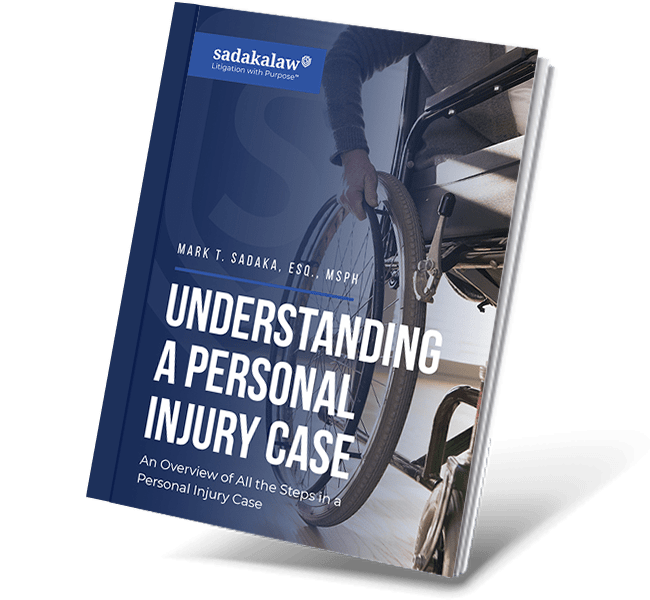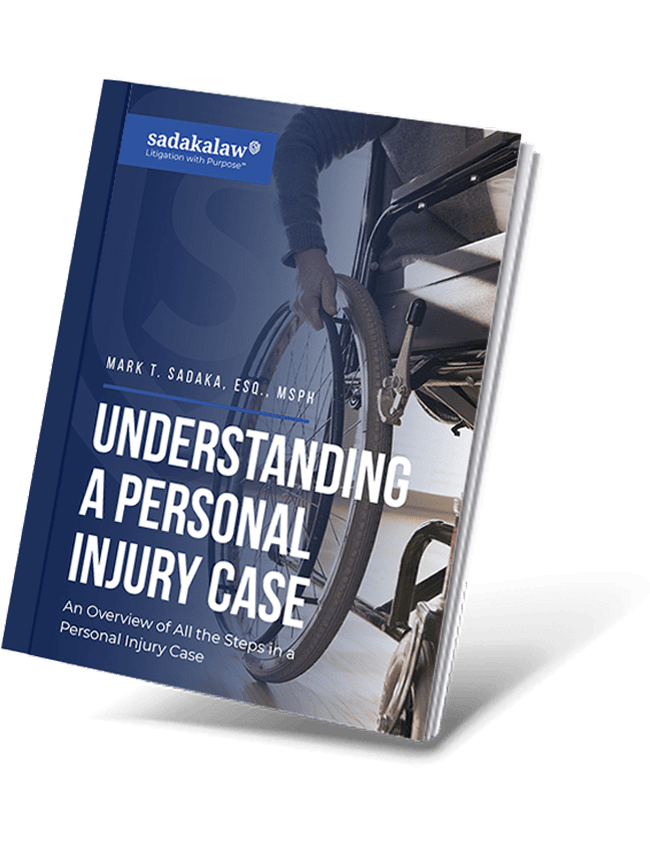All pesticides are equally harmful to humans whether they are mild or severe. Dursban does not only affect humans, but wildlife as well.
Pigeons, ducks, and robins are most affected by the toxic chemical with duck’s exposure harming birth rates and adversely affecting the health of ducklings.
Adverse Reactions to Dursban
The first chemical injury associated with Dursban was reported in 1966, soon after chlorpyrifos was released on the market. According to a study of about 114 cases exposure to this substance after three years showed chemical injuries in about 22 percent of humans.
Chronic health problems such as headaches, visual disturbances, and increased nervousness were reported following Dursban exposure.
Dursban was evaluated by the EPA as the 8th most common cause of hospitalization from pesticide poisoning.
Exposure to this chemical from inhalation, skin contact or ingestion impact the central nervous system, cardiovascular system and the respiratory system.
Studies of pregnant migrant workers and their children have shown that exposure to this toxin caused low birth weights, severe unusual birth defects, motor and cognitive delays, and Attention Deficit Disorder (ADD) among other things.
Types of Exposure
There are two types of exposure that occur when dealing with any pesticide called, acute and chronic exposures.
Acute exposure refers to a one time contact with a pesticide. It is defined as contact for 24 hours or less. Acute effects can be readily detected and more easily studied than chronic effects.
Chronic exposure refers to repeated contact with a pesticide which relates to the level and frequency of exposure received.
Still Used?
Although Dursban was banned in 2000, the products containing this chemical were allowed to be purchased until it was sold out in some cases, this may take several years.
In spite of the EPA’s agreement with Dow regarding Dursban, the active chemical chlorpyrifos is said to still be prevalent in numerous agricultural uses.


